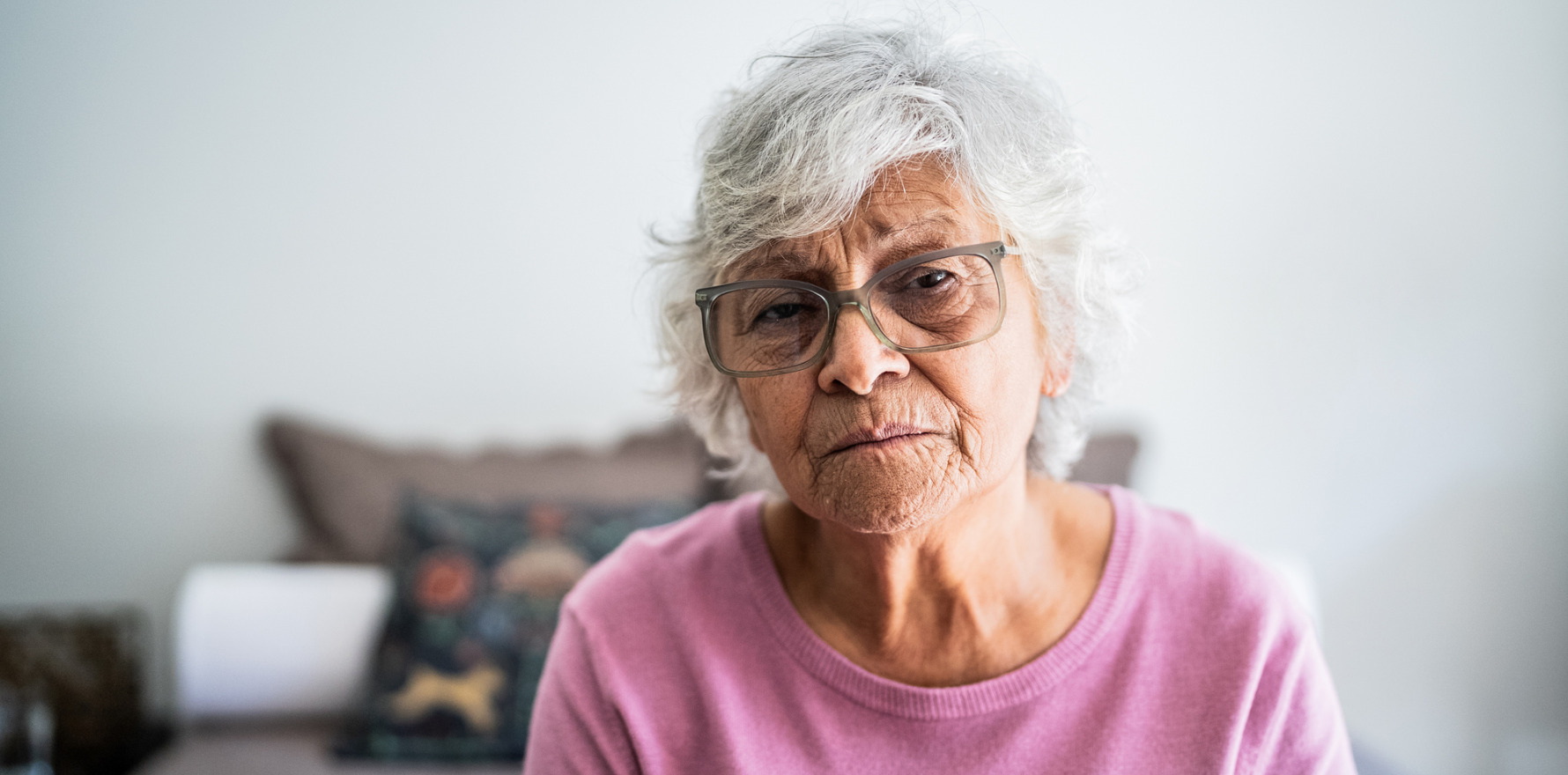One aged care provider is questioning whether the new legislation will actually deliver the equitable access it promises.
The CEO of Uniting NSW.ACT has questioned whether the new Aged Care Act, due for implementation from 1 November, will deliver the equitable access to aged care it has promised.
Due to ill-health, Tracey Burton’s speech to the Shaping the Future of Aged Care Summit in Sydney today was delivered by her colleague Emma Maiden, the organisation’s director of advocacy and external relations, but the message remained clear.
“Does the Aged Care Act truly meet the rights of all older Australians?” Ms Burton asked.
“With regards to the rights of supported residents – does the two-year wait for the review of the supported resident accommodation supplement protect the rights of supported residents to find a place in a residential care home near their family and community?
“And what about the rights of full pensioners who rent?
“By asking them to pay a co-contribution for home care, are we really supporting them to remain in the community or are we forcing them to choose care over food or heating?
“And when it comes to the rights of pensioners in insecure housing, despite significant and welcome government investment in building new homes, can we really say they have the same right to age in place as homeowners, if they can be asked to leave with just four weeks’ notice?
“Not to mention the rights of those who are homeless – where is their place to age safely and securely?”
Ms Burton said aged care could not be equitable if it “assumes a base level of wealth or home ownership”, and could not be isolated from the housing crisis currently gripping the country.
“Government must ensure … [it is] … building as many housing solutions as possible, including affordable and stable rental communities for older people as a target group,” she said.
“And while they are at it, how about the government require these developments to have long term rental contracts?
“How about they require modern methods of construction to reduce build costs so we can build more?
“How about they require more ageing friendly one bedroom or studio apartments so we can build more housing and reduce rental costs for older people? What about co-living solutions?
Related
“There would be huge benefits in terms of creating connected communities and combating the social isolation and loneliness that so many older people struggle with.
“The solutions don’t have to involve more funding. Just make sure we are solving for older people.”
Ms Burton said the new act’s co-payment arrangements were also problematic.
“Getting the co-contributions ‘just right’ is crucial,” she said.
“Those who can afford to pay, should. And those who can’t, mustn’t be penalised.
“This is where the home care co-contribution model falls short. For older full pensioners renting in the private market and already grappling with housing insecurity, the current co-contribution formulas pose a serious barrier to accessing the home care they need.
A 5% co-contribution to the cost of independence services like showering would be a “a bridge too far” for full pensioners who rent, she suggested.
“As is a 17.5% co-contribution to everyday living services such as domestic assistance and meal prep.
“In the current cost of living crisis, full pensioners who rent privately simply can’t afford the burden of co-contributions and should be exempt. The shortfall could be offset by adjusting co-payments from those with greater financial means.”
Ms Burton also called for the immediate release of 100,000 home care packages – “people are dying waiting or having to enter residential aged care prematurely, which is a more costly option for government” – and that the supported accommodation supplement should be lifted to ensure that supported residents are not turned away.
“We argue strongly that this has to happen quickly, with the current review timetable brought forward to the end of December 2025,” she said.
“Let’s not settle for systems that were built for yesterday.
“Let’s create the ones we need for tomorrow – where every older Australian, regardless of income, postcode or background, has the choice to age well, and with dignity and agency.”




